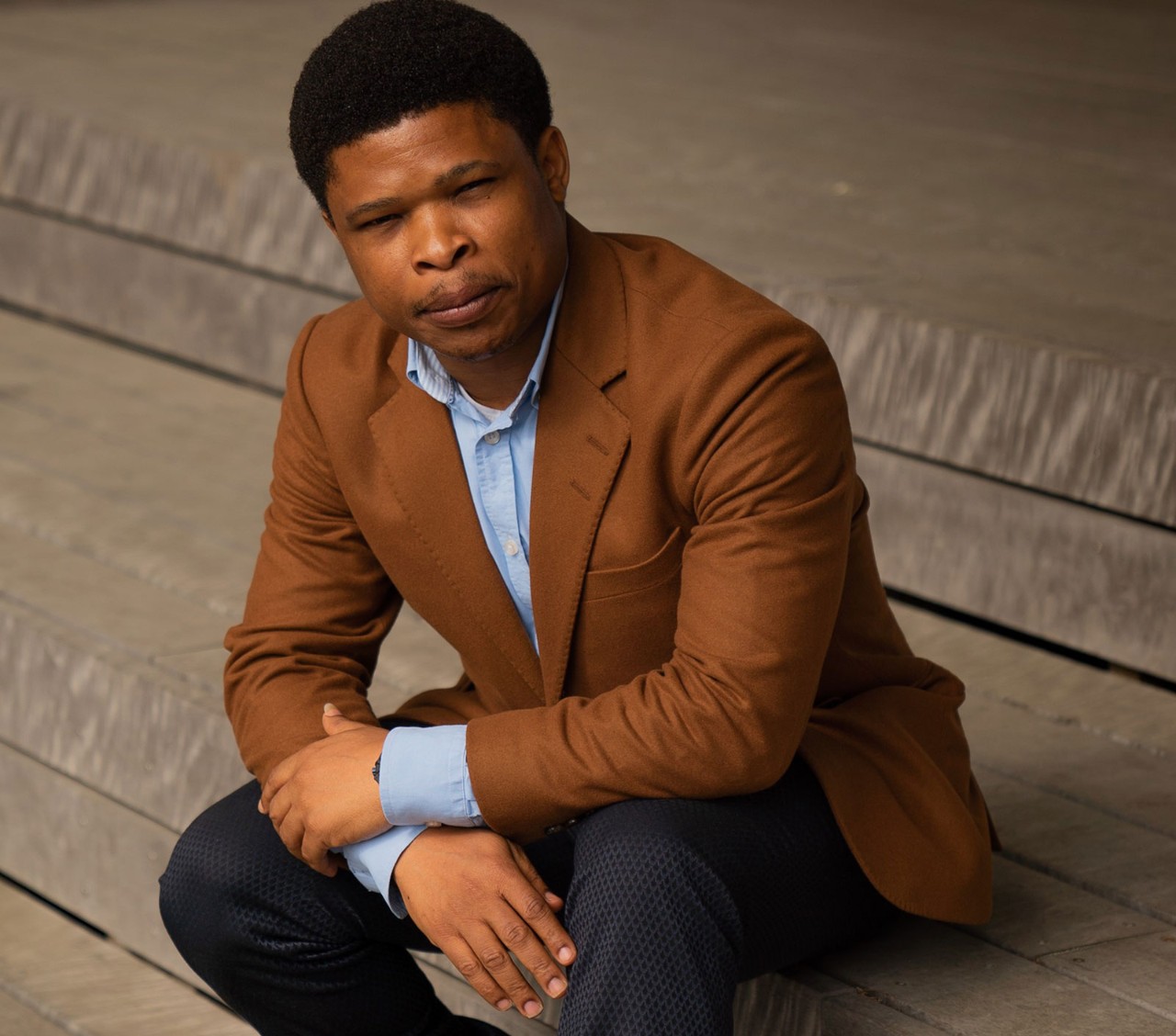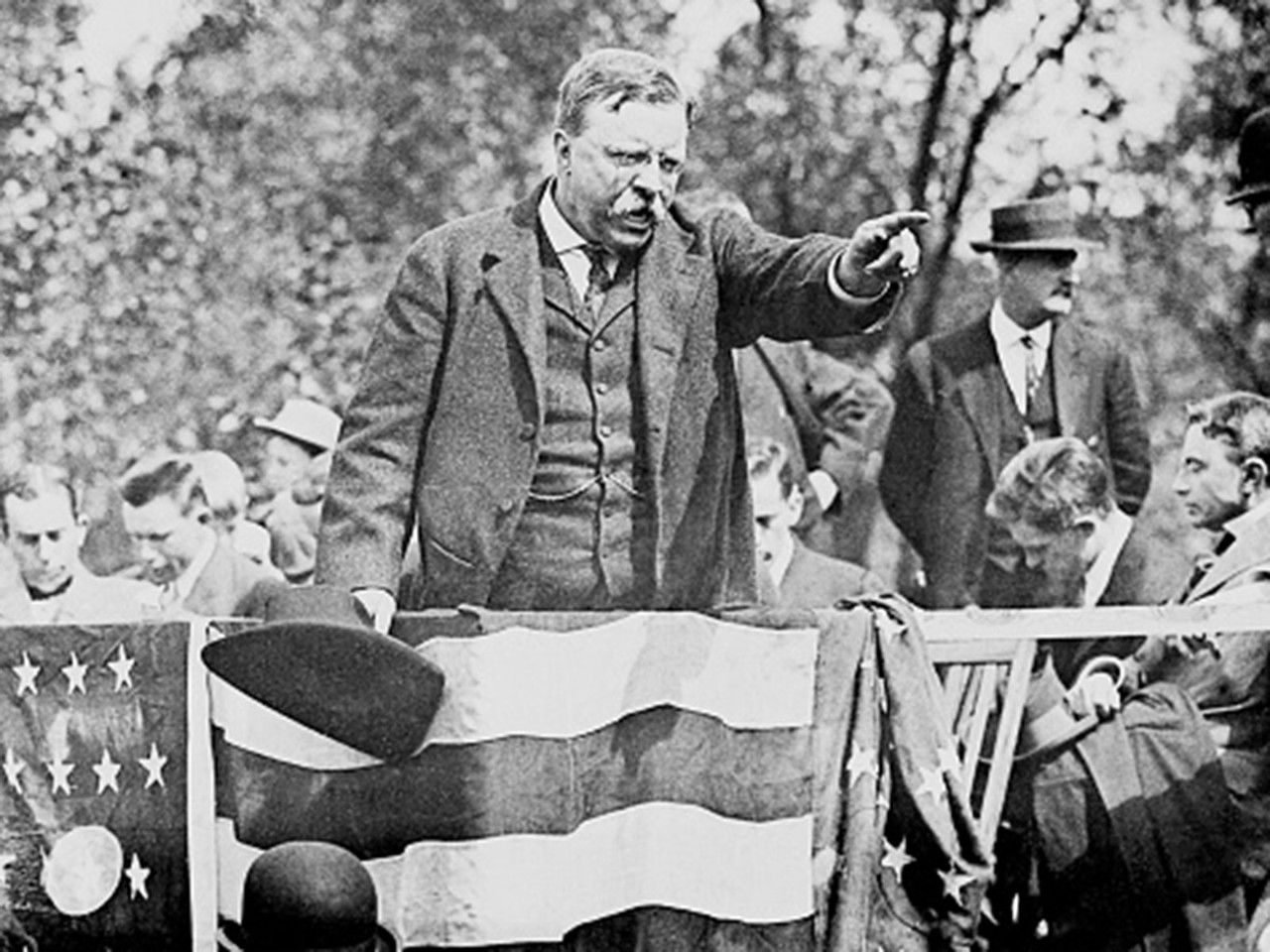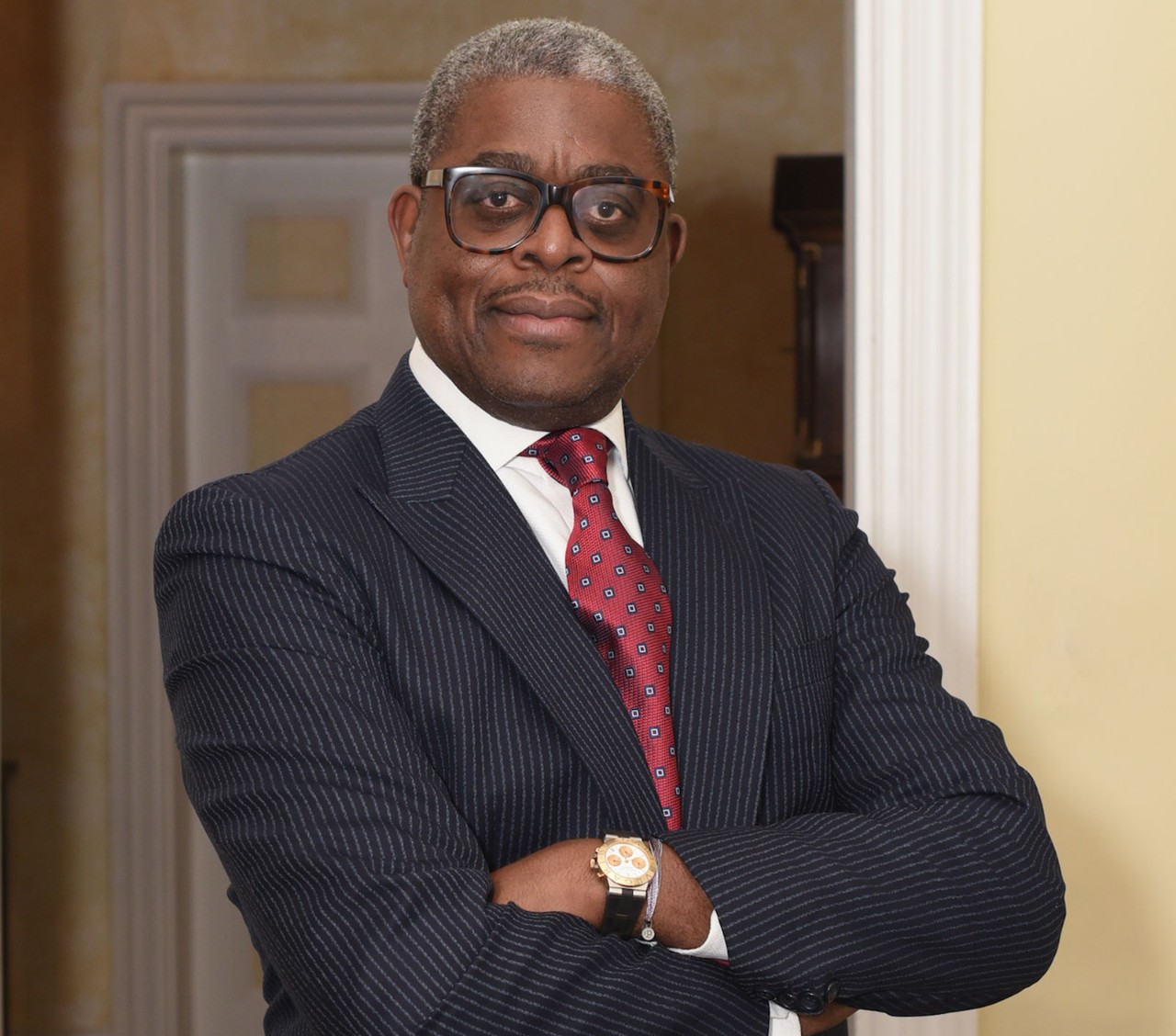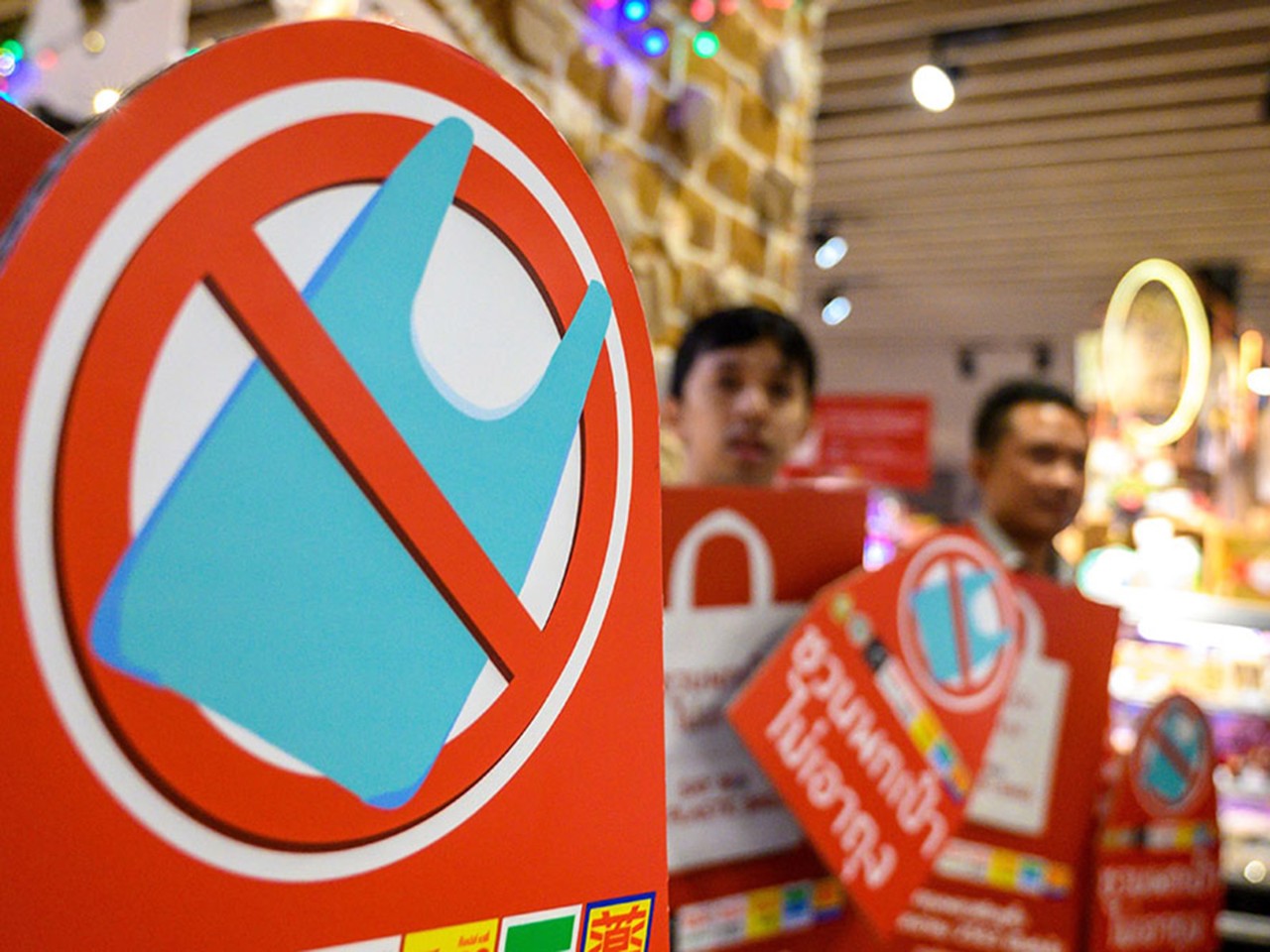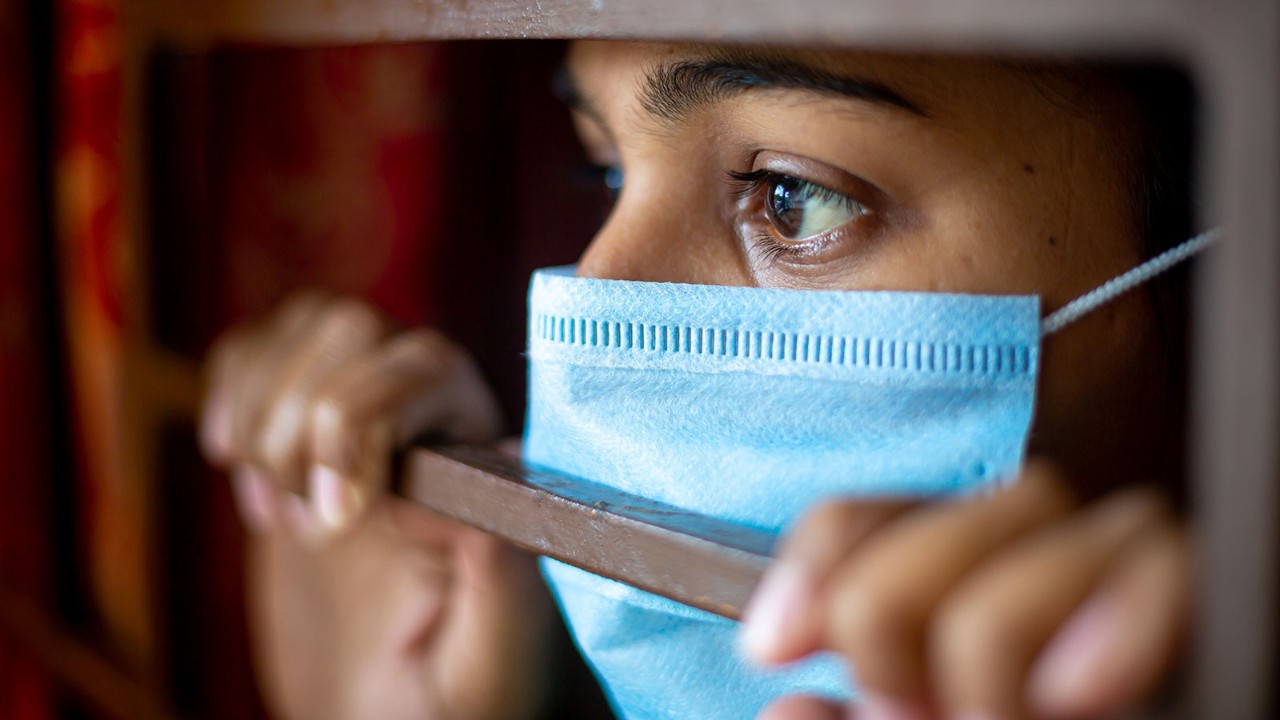
In times of crisis, ACCA members, with their strong global and local networks, are often well-positioned within their communities to make a material impact.
This is certainly true in a nation like Bangladesh, which has not only been hard hit by the pandemic but has a large population that is highly vulnerable to economic disruption, not to mention the natural disasters – floods, cyclones, earthquakes, droughts and fires – that regularly befall the country.
‘It’s my responsibility to give something back to society, to the world I come from, and I’m in a privileged position, so I want to help by extending my hand to people who already have enough trouble in their lives,’ says Jakir Hossain FCCA, by day CFO of textile company American & Efird, by nights and weekends a volunteer with Bidyanondo Foundation.
Bidyanondo is a well-established non-profit organisation in Bangladesh, known for providing food, education, medical aid and emergency relief, as well as birthday parties for underprivileged children.
Hossain originally got involved with Bidyanondo when he donated money towards a birthday party. He was so impressed by the organisation that he approached the chairman who asked him to set up a finance function.
‘I'm a typical accountant; I approached it as a CFO,’ he says. This meant redesigning spreadsheets to be more professional, using a standard format – money in and out – and categorising all items. He trained two or three ACCA accounting students who were volunteering at the time – and others who knew Excel – to do the recording, and reviews the monthly income and expenditure himself.
‘By all of us playing small roles in a coordinated way, we can effectively help people’
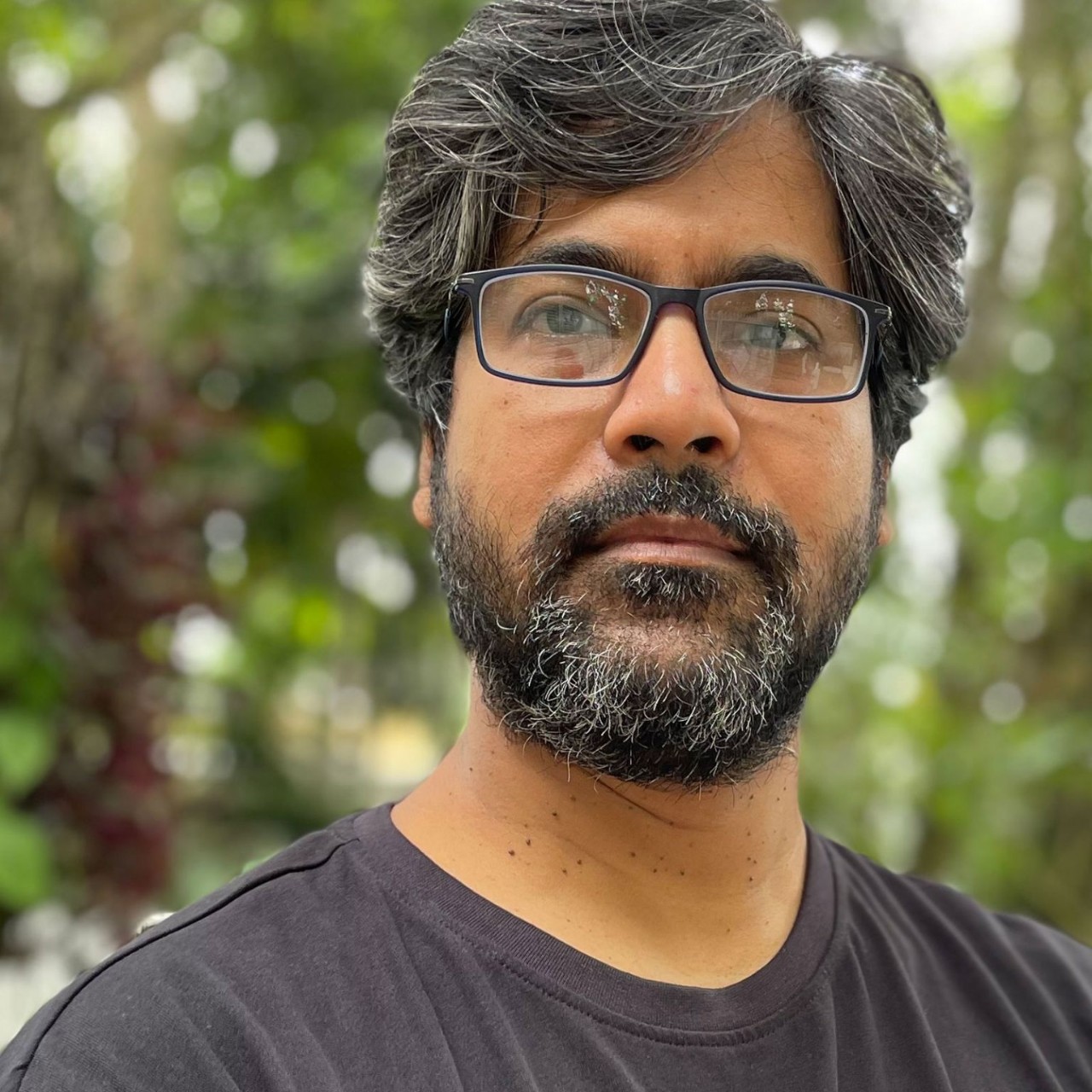
Integrity and transparency
Hossain has instilled in the charity the importance of integrity and transparency, and implemented an annual audit – something not common practice among non-profits in Bangladesh, he says. This in turn has helped to attract more donations, especially from corporates, such as banks, Bangladeshis overseas and foreigners.
This was particularly evident during the pandemic. ‘We went from donations of US$740,000 in 2019 to US$2.4m in the first six months of 2020,’ he says.
Things changed rapidly. Bidyanondo handed out personal protective equipment to doctors, and with many people losing their jobs, the organisation launched a relief programme providing 10 days of food to families. It worked with the armed forces and the police to distribute food nationwide, feeding around 500,000 families, or around two million people.
Hossain was pivotal in coordinating the team that managed donations and organised supply and distribution. ’We were really busy,' he recalls. 'I usually work behind the scenes, but I was on the phones coordinating all day.
'Bidyanondo had never done something like it and neither had I; the scale was huge. We started to use big suppliers, which requires a skillset the volunteers didn't have.'
Hossain pays tribute to his wife and two children who supported him while he spent most of his free time with Bidyanondo – as did ACCA's network in Bangladesh: 'They know Bidyanondo, and they know I'm there.’
A giving network
Indeed, the country’s network of accountants is growing and becoming increasingly active. What started in 2012 as a handful of ACCA members and affiliates organising annual networking events has evolved into a growing non-profit platform connecting more than 400 professional accountants, called the Ethical Accountants’ Society (EAS).
While the bulk of the society’s work focuses on activities such as professional development, recruitment and building the network, the EAS also runs charitable and disaster relief programmes.

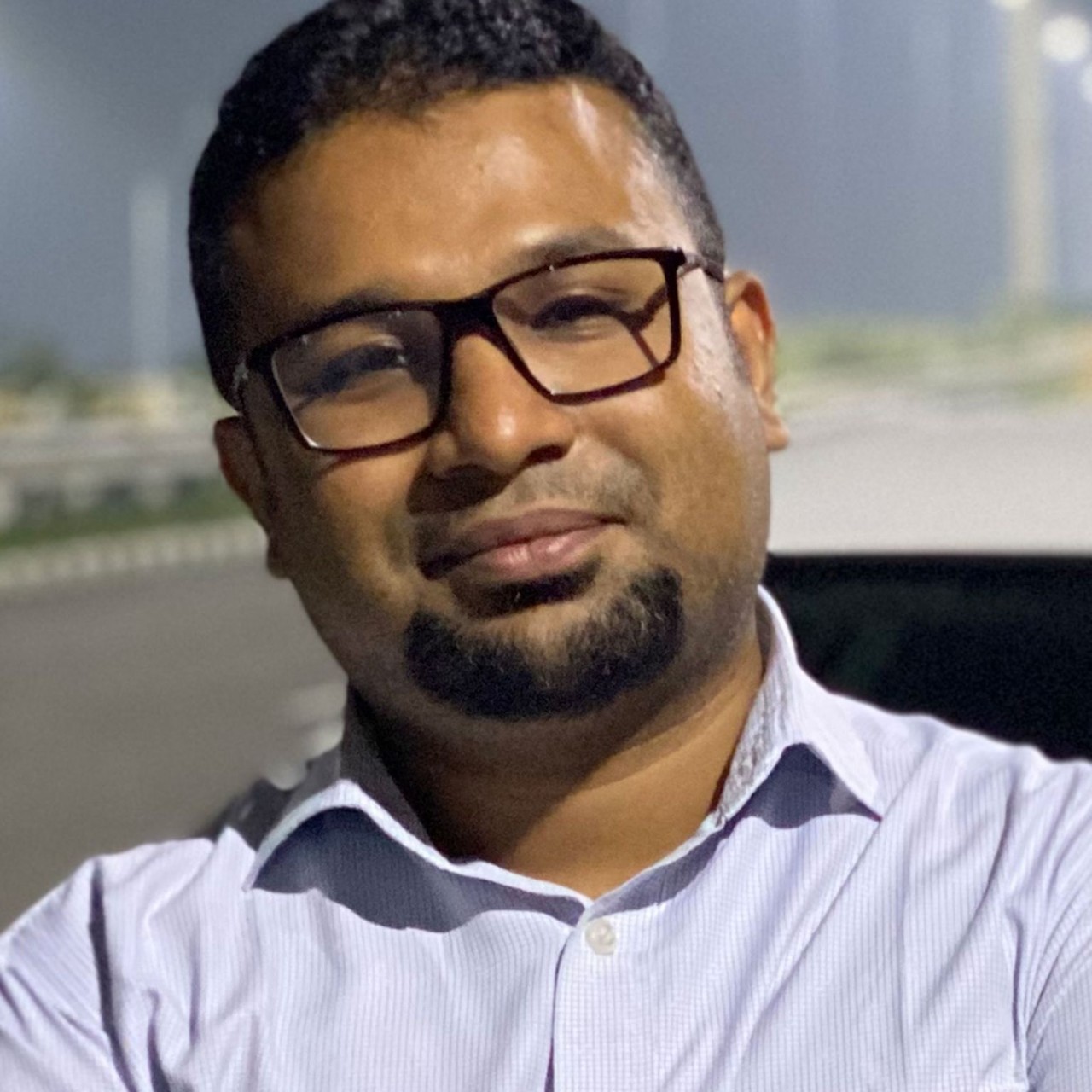
EAS members Muraheb Malik Chowdhury FCCA, a partner with accounting practice Masih Muhith Haque & Co. (a member firm of the RSM network), and Riaduzzaman Ridoy FCCA, managing director of Padma Bank Securities, believe charitable endeavours are a natural extension of their thriving network.
‘We first identify areas of specific needs, especially moments of crisis such as Covid-19 or flooding, which annually can kill 5,000 people and destroy seven million homes,’ says Malik, who also serves as general secretary for EAS.
'We prepare a minimum budget plan for each project and then raise funds by sharing the message across our platform, as well as beyond it. Then we go into the field and implement the plan.'
Rather than handing the funds over to other organisations to finish the job, the EAS puts boots on the ground, raising money or distributing food and clothing. It’s an A-Z operation.
When there's a dire need in society it's very difficult to have peace of mind knowing people are suffering, Ridoy says. ‘Fortunately, most professional accountants are financially well off and they also have the intention to contribute to the community. But accountancy is also one of the busiest professions. So despite best intentions, it’s often very difficult for individual accountants to make the effort.’
This is where the EAS platform has shone, running seven projects over the past two years, including sustaining for long periods hundreds of families in vulnerable villages in the country’s east and north, keeping open a school and orphanage on the verge of closure, and running two food donation programmes during lockdowns.
‘By all of us playing small roles in a coordinated way, we can effectively help people,’ says Ridoy.
